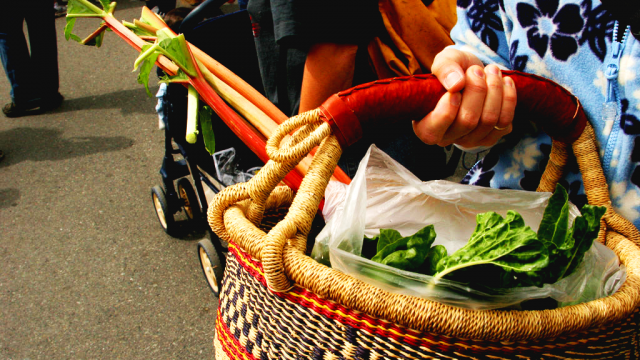Legislative Priorities
-

Increase funding and clean up inefficiencies in USDA’s NAP
Asian American farmers are disproportionately involved in diversified fruit and vegetable production, and need disaster assistance that is efficient and affordable. The Noninsured Disaster Assistance Program (NAP) should be improved to meet the needs of AAPI farmers. AAPI farmers suffer from the program’s lack of coverage and emphasis on monoculture agriculture.
-

Language access in food and farm aid programs
In areas with high proportions of Asian American and Pacific Islander farmers or families needing food aid, there is often a lack of USDA staff and materials in their languages. Hire linguistically and culturally competent staff, and aggressively translate materials like loan applications and benefits updates. The face-to-face emphasis of agencies like the FSA particularly requires language-appropriate services.
-

Increase Testing of Fish & Seafood
Asian American fishermen suffer from the lack of oversight of imported seafood. Consolidate jurisdiction and increase testing for impurities to protect both fishermen and consumers.
-

Promote organic production, distribution, and marketing
Asian Americans spend more on food per person than any other ethnic group and are frequent purchasers of organic products. In accordance with USDA’s Strategic Plan to increase organic production nationwide, continue to enforce organic standards, provide incentives for organic producers and increase outreach by the National Organic Program to Asian American communities.
-

Land & Equipment Access
Asian American farmers have long encountered federal and local government obstacles to owning and renting land for farming and ranching. The Transition Incentives Program was established in 2008 to support owners of conservation land to lease or sell to new farmers. Asian American farmers and ranchers should be informed of this and other programs and included in new and beginning farmer programs.
-

Improve school lunch with Asian American food producers
Farm to School programs have exploded in popularity in recent years. USDA should ensure that Asian American farmers, ranchers and value-added producers are aware of changes to federal procurement rules to allow greater connection between farms and schools. Additionally, consider introducing or increasing Asian American cultural food in school lunch programs.
-

Sustainability for Asian American farmers and ranchers
The Socially Disadvantaged Farmers and Ranchers Program and Beginning Farmer and Rancher Development Program of USDA help diverse communities to achieve financial and environmental sustainability on their farms and ranches. We support renewal of these programs at equivalent funding levels, and urge inclusion of Asian American producers where appropriate.















